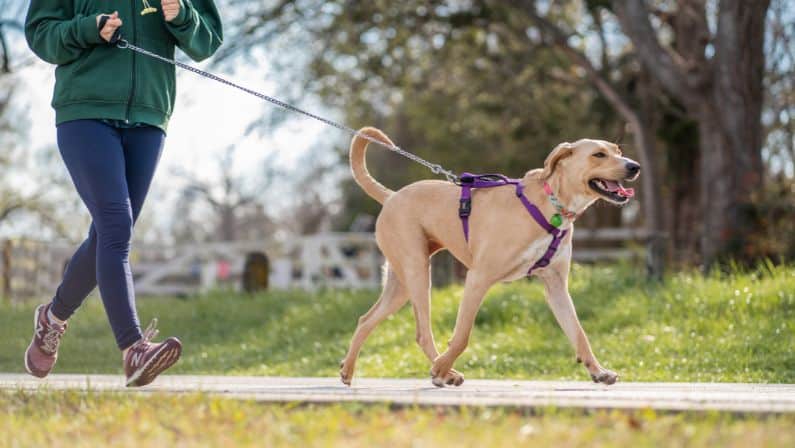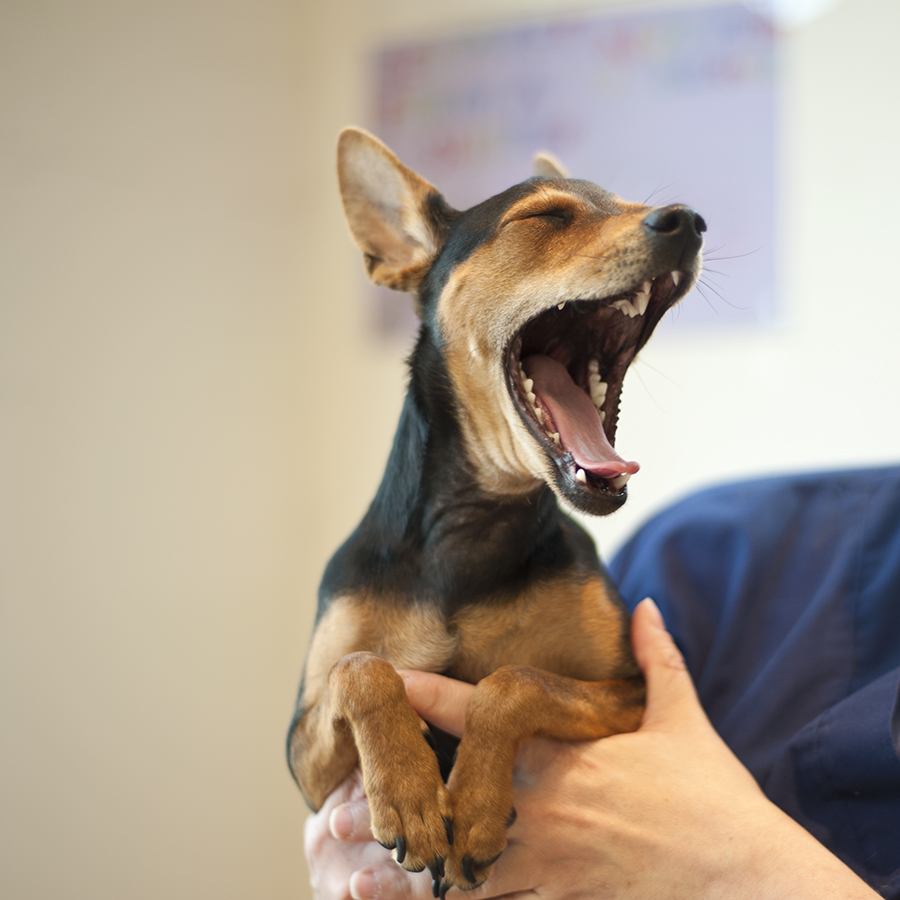
Dog training should be easy and affordable. Hot dogs are a wonderful treat but they can be messy and smelly. Don't buy hot dogs for your lunch because they are high in fats and salt. Another great snack for your dog is string cheese. It can be easily cut into any size, and is inexpensive.
This can be a wonderful treat for dogs that enjoy meat. Sue Abernathy (and Cait Mcanliss) both use cooked chicken in their training. Gloria Maulding uses dehydrated venison. Other trainers use the leftover meat from family meals. String cheese is another delicious treat. It's affordable, easy to cut into small pieces, and your dog will love it. Another popular option is Swiss cheese.

It is common for dogs to beg for their food. If your dog is accustomed to receiving treats, it will not beg for it. Instead, offer different rewards. Dogs will choose to do the same behavior if they have a choice. You'll have a dog that is more open to your commands.
Baby food is a good option if you are concerned about the quality and safety of your training treats. Baby food is specifically designed for humans so it will likely contain fewer questionable ingredients. It's also possible to purchase pre-made pouches. Hot dogs are a classic and high-value training treat. Always make sure that your dog's meal is nitrate/nitrite-free.
A high-quality treat is both nutritiously and deliciously nutritious. This is the best dog food. When feeding a puppy, it's best to choose a treat that will last for at least 20 seconds before it reaches the stomach of the puppy. To teach your puppy how to expect a better reward, it's important to give treats in 10 increments or more. A golden retriever pup will likely do ten pushups for every treat.

While your dog will likely prefer to eat meat or fish, you can still feed your dog "people foods" during training. It's also a lot cheaper than buying commercial dog treats. One good human food for your dog is peanut butter. Peanut butter can last longer than traditional dog treats, and is a great snack option for your dog. For large dogs, you should reduce the portion of their daily meals.
FAQ
What are some things to consider before purchasing an exotic pet
Before you go ahead and buy an exotic pet, there are several things you need to think about. First, decide if you intend to keep the pet as a pet or sell it. If you plan to keep it as a pet, make sure you have enough room. Also, you need to determine how much time and effort it will take. It takes time to care for an animal, but it's worth it because they give great companionship.
If you plan to sell the animal, then you need to find someone who wants to buy it from you. You must ensure that the person purchasing your animal knows all about taking care of them. You should not feed the animal too often. This could cause problems for your animal's health later.
You need to thoroughly research exotic pets before buying them. Numerous websites offer information on different types of pets. Be cautious not to fall for scams.
Should I get a puppy or a kitten?
Your personality will determine the answer to this question. Some people love kittens, while others prefer puppies.
However, puppies tend be more active and playful. Kittens tend to be very gentle and sleep a lot.
Both breeds require a lot of care from their owners. They will be able to grow quickly and require lots of care.
They will also need to be checked on a regular basis. It is important that you take the time to take your pet to the vet.
Is it a good idea to spay/neuter your dog?
Yes! Yes!
It helps reduce unwanted puppies and reduces the risk for certain diseases.
In female dogs, the chance of developing breast cancer is higher than it is in male dogs.
The risk of testicular tumors is higher in males and females.
Also, spaying or neutering your pet will prevent her from having children.
What is pet insurance?
Pet Insurance provides financial coverage for pets that are injured or sick. It also covers routine care such as vaccinations or spaying/neutering.
In addition, it pays for emergency treatment if your pet gets into an accident or becomes ill.
There are two types to pet insurance
-
Catastrophic – This insurance pays for the medical costs of your cat in case of serious injury.
-
Non-catastrophic: This covers routine vet costs such as microchips and spays/neuters.
Some companies offer both catastrophic and non-catastrophic coverage. Others provide only one.
These costs are covered by a monthly payment. The amount you spend on your pet’s care will determine the cost.
The price of insurance depends on which company you choose. Make sure to shop around before you buy.
There are discounts offered by some companies if you buy more than one policy.
If you already have a pet insurance plan with another company, you can transfer your existing plan to a new company.
If you do not want to buy pet insurance, you'll need to make all of the payments.
There are still ways you can save money. Ask your veterinarian about discounts.
If you take your pet to the vet often, he might not be impressed.
Another option is to adopt a pet from a local shelter instead of buying one.
It doesn't matter what kind or type of insurance you have, you should always carefully read the fine print.
This will give you an accurate estimate of the value of your coverage. If you don't understand something, contact the insurer immediately.
What should you think about when purchasing a pet for your family?
Consider what lifestyle you want for your family and yourself. Do you have any children? Do you have children? How old are they now? Do they have any special dietary needs?
Do you have allergies? Are there any other things you should know about your pet's health?
Now, you can think about whether you are looking to find an active companion, quiet lap dog or house-trained cat. Or perhaps a fish tank filled with tropical fish.
Adopting a puppy is a great idea. Make sure to visit a rescue or shelter group so you can get to know the animals and feel at ease with them.
You should also check to see if the animal is vaccinated for rabies and other diseases.
Also, inquire about the owner's willingness to take care of your pet while you travel. This will make it so you don't have worry about leaving your pet home.
Pets are part of the family. You shouldn't adopt a pet unless it is a good fit for you!
Three things you should think about before getting a cat.
Before you decide to buy a cat, be sure to answer these questions.
-
Does the cat have any health issues?
-
Will my cat eat all the food I have prepared?
-
Do I want to have a cat because I like cats? Or do I just want one pet?
Statistics
- A 5% affiliation discount may apply to individuals who belong to select military, law enforcement, and service animal training organizations that have a relationship with Nationwide. (usnews.com)
- It's among a relatively few companies that provide policies with a full (100%) coverage option, meaning you are not responsible for any co-payment of bills. (money.com)
- Pet insurance helps pay for your pet's medical care, with many policies covering up to 90 percent of your vet bills. (money.com)
- Monthly costs are for a one-year-old female mixed-breed dog and an under one-year-old male domestic shorthair cat, respectively, in excellent health residing in Texas, with a $500 annual deductible, $5,000 annual benefit limit, and 90% reimbursement rate. (usnews.com)
- For example, if your policy has a 90% reimbursement rate and you've already met your deductible, your insurer would pay you 90% of the amount you paid the vet, as long as you're still below the coverage limits of your policy. (usnews.com)
External Links
How To
How do you choose the right name for your pet?
When adopting a pet, the name you choose for them is one of your most important decisions. Names should reflect the personality and character of your pet.
It is important to consider how other people might refer to you - for instance, if they are going to be called by their name in conversation. Finally, think about how you'd like to be referred. What do you prefer, for example, "dog" or pet?
Here are some tips to help you get started:
-
Name your dog a name that reflects its breed. Look up names that are associated with the breed if you are familiar with it (e.g. Labradoodle). Ask someone who is familiar with dogs to recommend a name that fits the breed.
-
Consider the meaning behind the name. Some breeds are named after people and places while others are simply nicknames. The name "Rover," for example, was given to a Labrador Retriever because he was always running around!
-
Now think about what you'd like to call yourself. Do you prefer to be called "dog?" or "pet?" Are you more likely to call your dog "Puppy" than "Buddy?"
-
Be sure to include the name of the owner. Although it's a good idea to name your dog with your last name, don't forget to include the names of your family members. Your dog could grow up to become a member of your family.
-
Keep in mind that many pets have multiple names. A cat, for example, might have multiple names depending on where she lives. She could be known as "Kitty Cat" at home but "Molly" while visiting her friends. This is especially true for cats that live outside. They may choose to name themselves after the environment in which they live.
-
Be creative! There are no set rules. Make sure you choose something memorable and unique.
-
Check that your chosen name isn't used by any other person or group. That way, you won't accidentally steal someone else's identity!
-
Last but not least, don't forget to remember that choosing a name can be a complicated process. Sometimes, it can take time to find the right name for your dog. So keep trying until you find the perfect match!